Can Celery Be Composted? Discover the Benefits and Best Practices for Composting Celery!
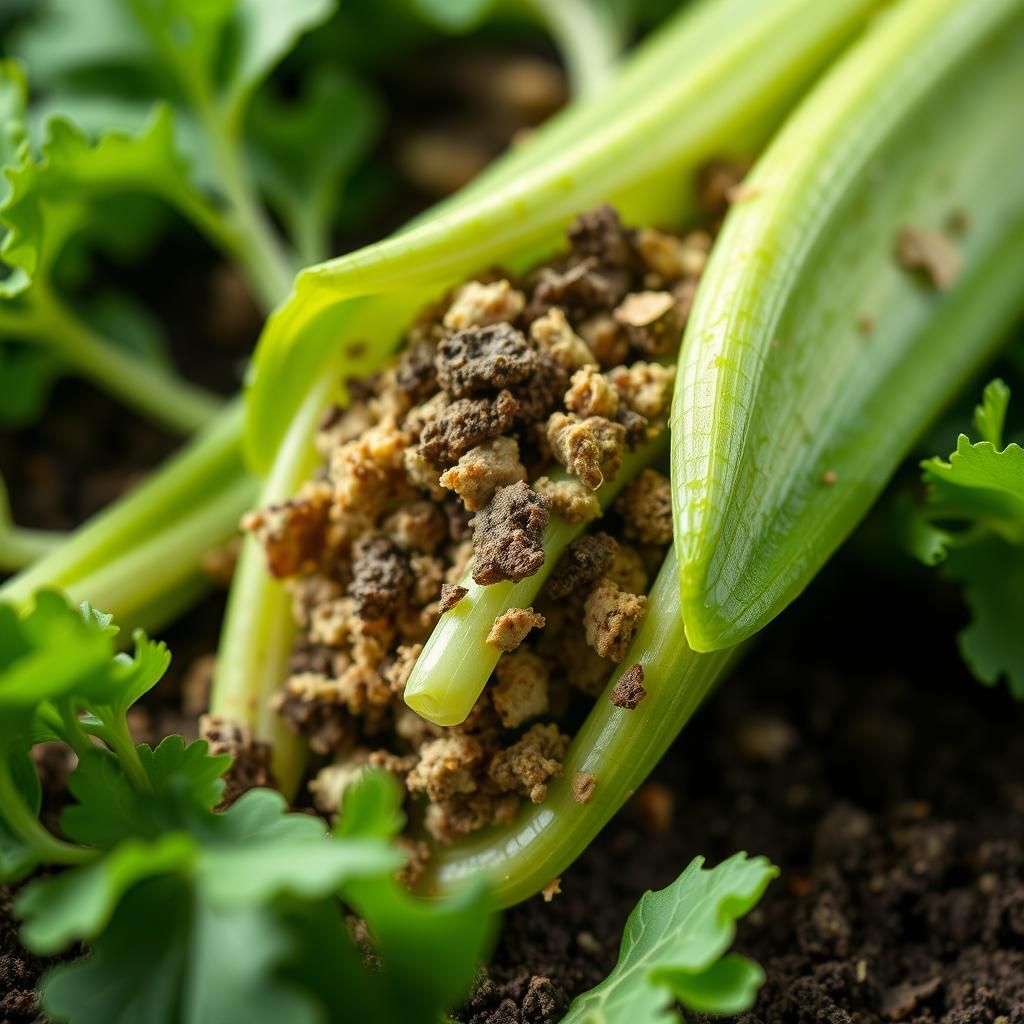
Composting is an eco-friendly way to reduce waste and enrich the soil, but not all kitchen scraps are created equal. One common question among gardening enthusiasts is whether celery can be composted. As a nutritious vegetable that often ends up in the trash, celery presents a unique opportunity for composting. This article explores the benefits of composting celery, from enhancing soil fertility to reducing landfill waste. We’ll also provide best practices to ensure successful composting, transforming your kitchen leftovers into valuable organic matter for your garden. Discover how to make the most of this versatile vegetable in your composting efforts!
Can Celery Be Composted?
Yes, celery can be added to your compost pile. This vegetable is a great source of nitrogen and helps to create a balanced carbon-to-nitrogen ratio in your compost. When composting celery, it is best to chop it into smaller pieces to aid in decomposition. Additionally, while the leaves can also be composted, they tend to break down faster than the tougher stalks. Be mindful of any pesticides or preservatives that may be present on store-bought celery; it's a good idea to wash it thoroughly before composting. Overall, including celery in your compost not only reduces food waste but also enriches your soil.
The Benefits of Composting Celery
Composting celery offers several benefits, including the enhancement of soil fertility. The decomposition process turns the vegetable into nutrient-rich humus, which improves soil structure and provides essential nutrients for plant growth. Moreover, composting celery reduces the amount of organic waste sent to landfills, thereby lowering greenhouse gas emissions. Additionally, it can attract beneficial microorganisms to your compost pile, which can enhance the overall composting process.
How to Prepare Celery for Composting
To ensure celery decomposes efficiently, you should chop it into smaller pieces before adding it to your compost pile. This helps accelerate the rotting process by increasing the surface area available for microbial activity. Additionally, if the celery is wilted or rotten, it can still be composted, but it's advisable to mix it with drier materials to prevent a soggy compost pile. Always remember to balance it with carbon-rich materials, such as dry leaves or shredded paper.
Potential Issues with Composting Celery
While celery is generally a safe option for composting, there are some potential issues to be aware of. If the celery has been exposed to heavy pesticide use, it may not break down properly and could harm the beneficial microorganisms in your compost. Furthermore, if added in large quantities without sufficient carbon materials, it could lead to a slimy or smelly compost pile. Hence, moderation and balance are key to achieving effective composting.
Timeframe for Celery Decomposition
The decomposition of celery can vary based on several factors, including temperature, moisture, and the size of the pieces. Generally, chopped celery can take anywhere from two weeks to a couple of months to fully decompose in a well-maintained compost pile. Warm and moist conditions will expedite the process, while cooler or drier conditions may slow it down. Monitoring the moisture levels and aerating the pile can help facilitate optimal decomposition.
Comparing Celery with Other Compostable Vegetables
When comparing celery to other compostable vegetables, such as carrots or lettuce, it holds a unique position due to its high water content. While carrots provide a dense source of nutrients, celery's fiber-rich structure yields excellent airflow in the compost pile. Lettuce, on the other hand, decomposes faster than celery, making it a quick addition to compost. Each type of vegetable contributes differently to the composting process, underscoring the importance of mixing various materials for optimal nutrient balance.
| Vegetable | Decomposition Time | Nutrient Contribution |
|---|---|---|
| Celery | 2 weeks to 2 months | High nitrogen |
| Carrots | 1 month | Rich in vitamins |
| Lettuce | 1 to 2 weeks | Quick nitrogen boost |
What vegetable should not be composted?
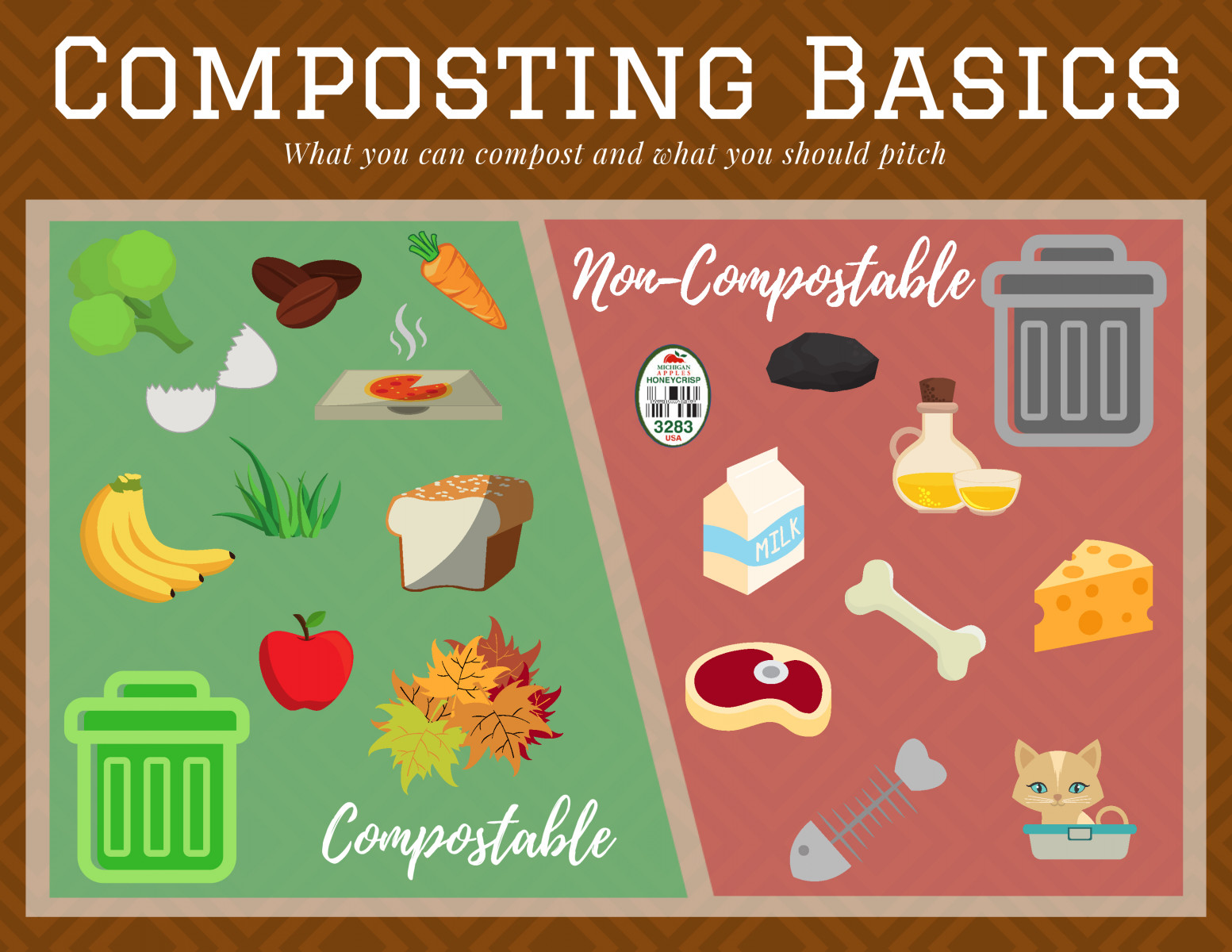
One vegetable that should not be composted is the potato. Potatoes can harbor diseases and pests that can negatively affect your garden's health. When composting, it is important to maintain a healthy compost pile, and introducing potatoes can lead to the spread of blight and other fungal infections. Although some people may attempt to compost small quantities of kitchen scraps containing potatoes, it's safer to avoid them altogether to prevent any potential issues in the compost and garden.
Why Potatoes Are Bad for Compost
Potatoes, especially those that are sprouting or rotten, may introduce harmful microorganisms into the compost. Fungi such as Rhizoctonia or Phytophthora can thrive in compost, leading to issues when the compost is used in gardens. The diseases can be difficult to control once established.
- Potatoes can breed pests that will survive the composting process.
- Diseases like blight can spread through improperly composted potatoes.
- Contaminated compost can affect the health of soil and plants.
Alternatives to Composting Potatoes
Instead of composting potatoes, consider other methods of disposal or use. This not only protects your compost pile but maximizes the use of these vegetables. Options include feeding them to livestock or putting them in a yard waste collection.
- Feed them to chickens or other animals that can eat them safely.
- Add compostable potato peels to the green bin collection service.
- Use old potatoes in homemade fertilizer teas after proper treatment.
Other Vegetables to Avoid in Composting
While potatoes are notably problematic, there are other vegetables that should also be avoided in compost piles, primarily due to their potential to attract pests or harbor diseases. Similarly to potatoes, these vegetables can compromise the quality of your compost.
- Tomatoes: They can harbor blossom end rot and other diseases.
- Corn: The ears and stalks may attract pests like the corn earworm.
- Cucumbers: Spoiled cucumbers can carry diseases that affect squash and melons.
Best Practices for Composting Vegetables
To maintain an effective compost pile, focus on the types of vegetables and materials that promote the healthiest decomposition. Incorporating the right types will help create a balanced mixture that fosters healthy microorganisms.
See also: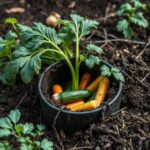
- Include leafy greens for nitrogen-rich material.
- Mix in shredded paper or cardboard for carbon.
- Avoid high-starch vegetables that can spoil and cause odors.
The Importance of Compost Health
Maintaining the health of your compost pile is crucial for ensuring that the end product is beneficial for gardening. Understanding what not to compost, like potatoes and other problematic vegetables, helps in achieving this goal.
- Regularly aerate your compost pile to avoid anaerobic conditions.
- Monitor the moisture levels to keep microbes active.
- Keep a diverse mix of materials to provide balanced nutrients.
Can celery be put in compost?
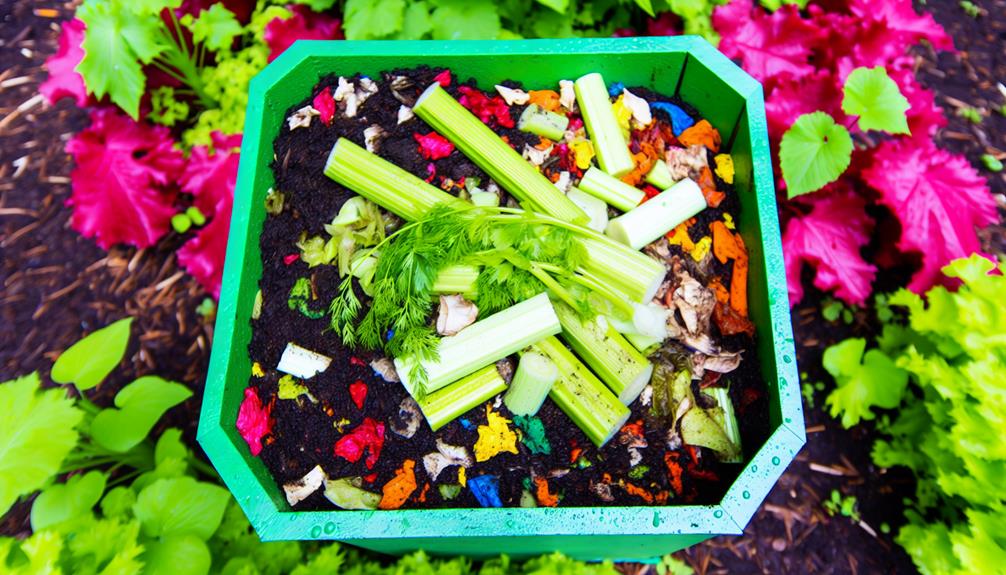
Yes, celery can indeed be put in compost. Including celery in your compost heap provides several benefits, as it is a green material rich in nitrogen. When added to a compost pile, celery helps to balance the carbon and nitrogen ratio, which is essential for effective composting. It breaks down relatively quickly due to its high water content, making it a valuable addition to the compost mix.
However, there are a few considerations to keep in mind. It's essential to chop the celery into smaller pieces to speed up the decomposition process. Additionally, if the celery is moldy or infested with pests, you might want to avoid adding it to your compost to prevent spreading any potential issues.
Benefits of Composting Celery
Composting celery offers multiple advantages that contribute positively to the process of creating nutrient-rich compost.
- Nitrogen Source: Celery is high in nitrogen which helps boost microbial activity in compost.
- Moisture: The high water content of celery can help maintain moisture levels in the compost pile.
- Biodegradability: Celery decomposes quickly, allowing for a faster composting process.
How to Prepare Celery for Composting
To maximize the benefits of composting celery, proper preparation is crucial.
- Chop into Smaller Pieces: Cutting celery into smaller bits can accelerate the decomposition process.
- Remove Any Pests: Always check for pests and remove any infested parts before adding them to the compost.
- Avoid Moldy Celery: It's best to exclude any moldy or rotten portions to prevent contamination.
Considerations When Composting Celery
While celery is generally an excellent choice for composting, there are some precautions to consider.
- Balance Carbon and Nitrogen: Ensure there’s a good balance with carbon-rich materials like dried leaves.
- Avoid Overloading: Don't add too much celery at once; this can lead to odor problems due to excess moisture.
- Monitor Temperature: A well-maintained temperature helps break down materials effectively.
Composting with Other Vegetables
Incorporating various vegetable scraps alongside celery can enhance the composting process.
- Diverse Nutrients: Mixing different plants adds a range of nutrients, which can improve soil health.
- Texture Variability: Combining various materials creates a better texture for aeration.
- Prevents Monoculture: Utilizing a diverse range of compost ingredients helps avoid the disadvantages of using a single type.
Common Issues in Composting Celery
While composting celery can be beneficial, some challenges may arise during the process.
- Odor Issues: An overabundance of wet materials can lead to unpleasant smells.
- Slow Decomposition: Not chopping celery might result in slower breakdown times.
- Pest Attraction: If not monitored, pests may be attracted to decomposing vegetable matter.
Does celery decompose?

Celery, like many other organic materials, does decompose over time. When celery is discarded or left to rot, it undergoes a natural process involving bacteria, fungi, and other decomposers that break down the organic matter into simpler substances. This process is part of the natural cycle of nutrient recycling in ecosystems.
The decomposition of celery can be influenced by several factors, including environmental conditions such as temperature, moisture, and the presence of microorganisms. As celery decomposes, it can contribute valuable nutrients back to the soil, supporting plant growth.
Factors Affecting Celery Decomposition
The rate of decomposition of celery can vary based on various environmental factors:
See also: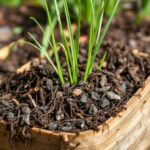
- Moisture Levels: High moisture levels can speed up the decomposition process by promoting the growth of microorganisms that break down organic matter.
- Temperature: Warmer temperatures typically enhance microbial activity, leading to faster decomposition.
- Oxygen Availability: Aerobic conditions (presence of oxygen) facilitate decomposition, while anaerobic conditions (lack of oxygen) can slow it down.
Role of Microorganisms in Decomposition
Microorganisms play a crucial role in the decomposition of celery. These tiny organisms include:
- Bacteria: They are the primary decomposers that break down organic material into simpler compounds.
- Fungi: Fungi help decompose tougher plant materials, such as cellulose and lignin, that bacteria alone cannot degrade efficiently.
- Actinomycetes: These bacteria-like organisms break down complex organic materials and contribute to soil health.
Composting Celery and Its Benefits
Celery can be composted, turning waste into valuable nutrients for gardens. The benefits include:
- Nutrient-Rich Soil: Decomposed celery enriches compost with essential nutrients like nitrogen, phosphorus, and potassium.
- Improved Soil Structure: Adding decomposed materials enhances soil aeration and moisture retention.
- Environmental Impact: Composting reduces waste and greenhouse gas emissions compared to traditional waste disposal methods.
Signs of Celery Decomposition
When celery is decomposing, it exhibits several observable signs:
- Softening Texture: The stalks will become mushy and lose their crispness.
- Color Change: Discoloration, such as browning or yellowing, indicates that the celery is breaking down.
- Odor: A foul smell is often emitted as the organic matter decomposes, signaling advanced decay.
Celery Decomposition Timeline
The timeline for celery decomposition can vary significantly based on several factors:
- Under Ideal Conditions: In a moist, warm environment, celery may start to decompose within a few days.
- In a Compost Pile: Celery can take several weeks to months to fully decompose, especially if mixed with other materials.
- In a Garden: If buried, celery residues may take several months to break down completely, contributing to soil fertility.
Do red wigglers like celery?
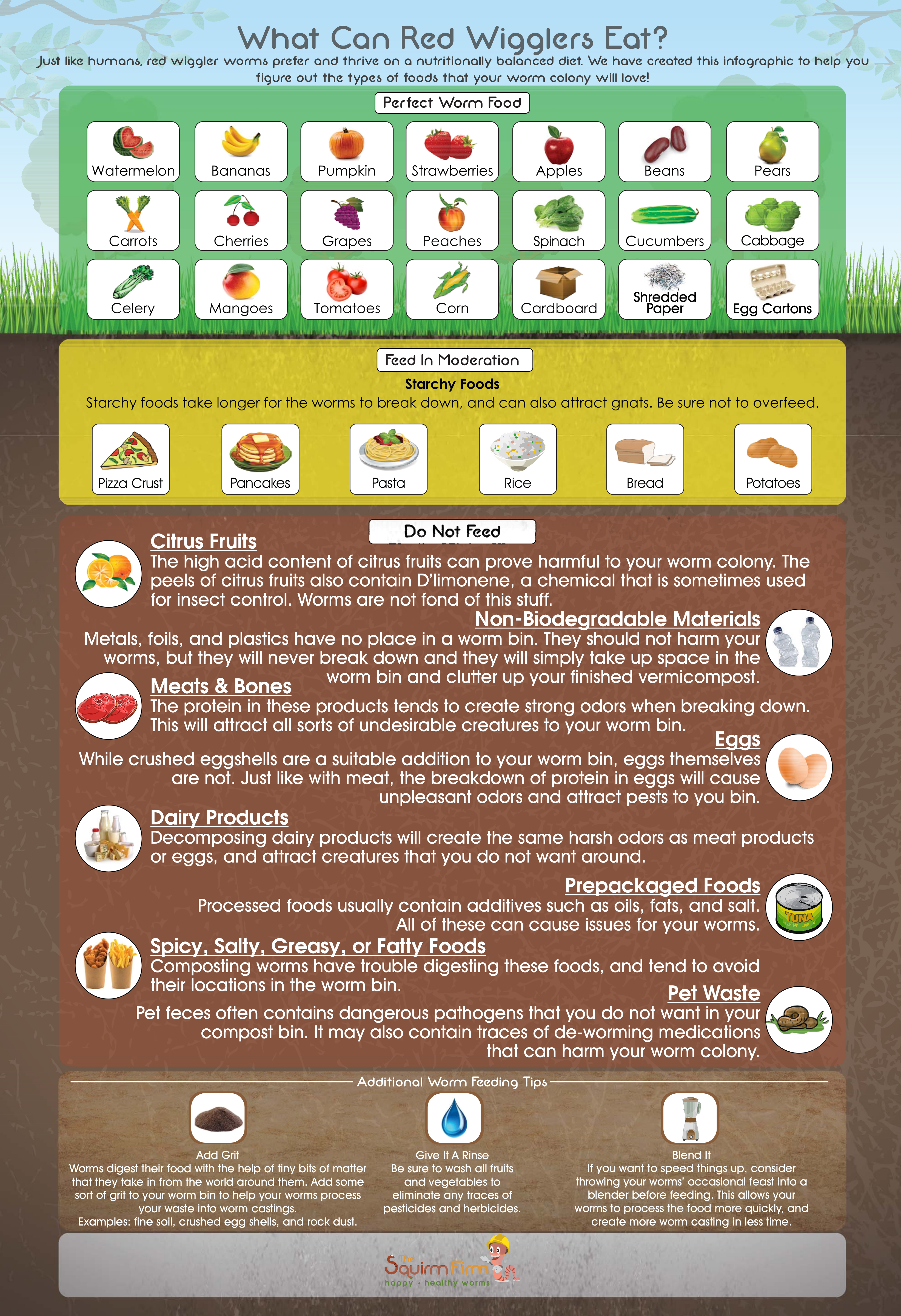
Red wigglers, also known as Eisenia fetida, are a popular choice for composting and vermiculture enthusiasts. These worms thrive on a variety of organic materials, and their dietary preferences play a crucial role in their ability to break down waste efficiently.
What Do Red Wigglers Eat?
Red wigglers have a diverse diet that primarily consists of decomposing organic matter. Here’s a breakdown of what they typically consume:
- Fruits and vegetables: They enjoy a wide array of fruits and vegetables, which provide essential nutrients.
- Plant matter: Green plant materials such as grass clippings and leaves are also highly favored.
- Grains and cereals: Small amounts of grains and cereals can be included in their diet.
Can Red Wigglers Digest Celery?
Celery is a fibrous vegetable that can pose some challenges for red wigglers. While they can consume it, certain factors affect how well they process celery.
- Fibrous nature: The high fiber content can make it difficult for worms to digest.
- Chopping celery: Cutting celery into smaller pieces can facilitate better digestion.
- Rotting process: Allowing celery to decompose slightly before feeding it to worms can enhance digestibility.
Benefits of Feeding Celery to Red Wigglers
Incorporating celery into the diet of red wigglers can offer certain benefits when done correctly.
- Hydration: Celery has a high water content, which helps maintain moisture levels in the worm bin.
- Nutrient supply: It provides vitamins and minerals that can enrich the overall diet of the worms.
- Variety: Adding different food sources, like celery, promotes a diverse diet, beneficial for the worms' health.
Potential Issues with Celery in Worm Bins
While celery has its advantages, there are some potential downsides to consider when feeding it to red wigglers.
- Food waste: Leftover celery that isn’t consumed promptly can attract pests or create odors.
- Imbalance: Overfeeding celery may lead to an imbalance in the worm’s diet if not managed properly.
- Slower processing: The fibers in celery can slow down the decomposition process compared to softer vegetables.
Best Practices for Feeding Celery to Red Wigglers
To maximize the benefits of feeding celery to red wigglers, consider the following best practices.
- Chop into smaller pieces: This makes it easier for the worms to eat and digest.
- Mix with other foods: Combine celery with softer fruits and vegetables to aid in digestion.
- Avoid overfeeding: Limit the quantity to prevent any negative effects on the worm bin's environment.
Questions from Our Readers
Can celery be composted?
Yes, celery can be composted. It is a vegetable that breaks down easily and adds valuable nutrients to your compost pile. Just make sure to chop it into smaller pieces to aid in the decomposition process.
What parts of celery can be composted?
You can compost all parts of the celery plant, including the stalks, leaves, and even the roots. However, if there are any signs of disease or rot, it's better to avoid composting those parts to prevent contamination of your compost.
See also:
Should celery be cooked before composting?
No, there is no need to cook celery before composting. Raw celery is perfectly suitable for composting and retains its natural nutrients that will enrich your compost.
Are there any risks to composting celery?
Generally, there are no significant risks in composting celery. However, if you add large quantities at once, it may attract pests or create odors. It's best to mix it with other compost materials for optimal results.

If you want to read more articles like Can Celery Be Composted? Discover the Benefits and Best Practices for Composting Celery!, we recommend you check out our Compost category.
Leave a Reply
Related Articles